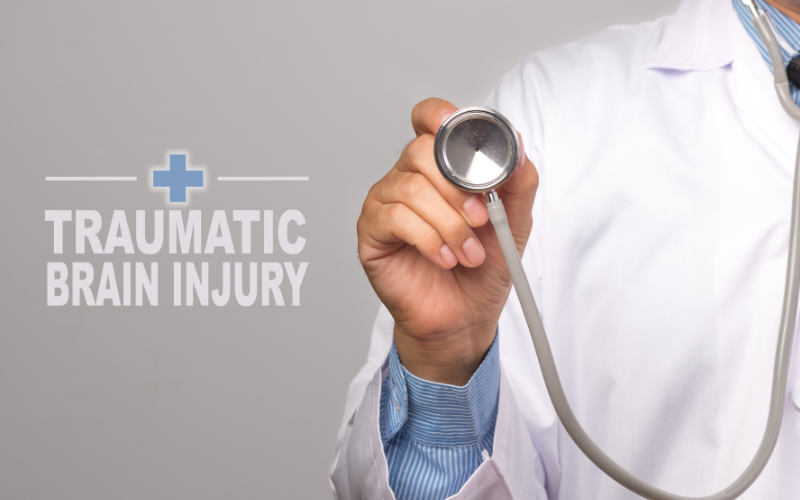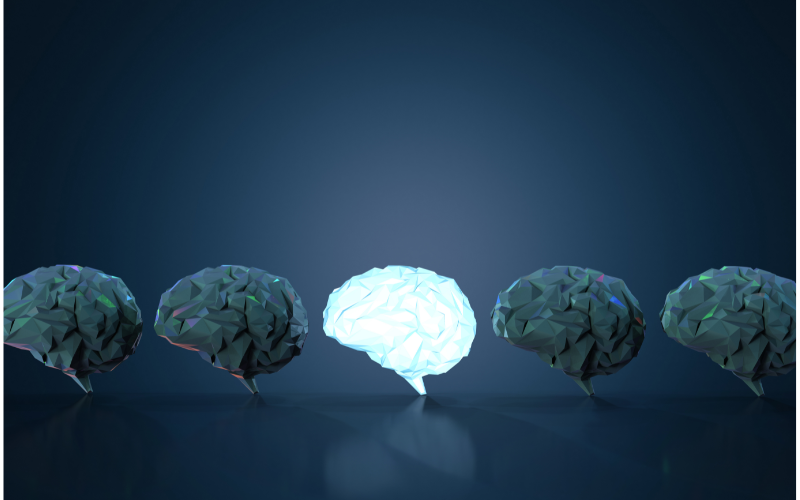Altered level of consciousness, a medical emergency in which an individual’s mental state and level of awareness are affected, is a highly intricate medical condition that can transpire abruptly, with an array of underlying causes. The affected person may be disoriented, perplexed, or even comatose, necessitating urgent medical attention.
This article will scrutinize the causes, symptoms, and treatment options for this condition.
What exactly is Altered Level of Consciousness?
The human mind is a complex and fascinating entity, capable of experiencing a multitude of states of consciousness. However, when the level of consciousness deviates from the standard wakefulness and alertness, it can result in an altered state. This can manifest in various forms, ranging from mere confusion and disorientation to a complete lack of responsiveness.
In medical terms, this condition is referred to as an altered level of consciousness, a phenomenon that is intriguing in its intricacy and diversity.
To understand the altered level of consciousness, it’s essential to delve into the depths of the human mind and examine the intricacies of awareness and perception. This state of consciousness represents a departure from the norm, where an individual’s ability to interact with their surroundings is impaired. The range of this deviation can vary, from a slight sense of bewilderment to an almost comatose state.
Causes of Altered Level of Consciousness:
A prompt diagnosis and treatment of altered level of consciousness can be facilitated by comprehending the causes. Below are further details about the causes of altered level of consciousness:
Traumatic Brain Injury (TBI):
TBI is a frequent cause of altered level of consciousness. It can result from a direct blow to the head or a penetrating injury. The severity of TBI can vary from mild (concussion) to severe, with symptoms ranging from confusion to loss of consciousness.
Stroke:
Another common cause is a stroke, which occurs when blood flow to the brain is interrupted, leading to brain damage. The symptoms of a stroke can range from weakness on one side of the body to complete loss of consciousness.
Seizures:
Seizures can range from mild to severe, with symptoms like staring, convulsions, and loss of consciousness.
Infection:
Altered level of consciousness can also result from infections, such as meningitis, encephalitis, or sepsis, leading to inflammation in the brain and causing a change in mental status.
Alcohol or drug intoxication:
Confusion, disorientation, and loss of consciousness can occur due to excessive consumption of alcohol or drugs, which can lead to altered level of consciousness.
Hypoglycemia (low blood sugar):
Another cause of altered level of consciousness is hypoglycemia, which can lead to confusion, weakness, and loss of consciousness.
Hypoxia (low oxygen in the blood):
Altered level of consciousness can be a consequence of hypoxia, arising when there is a lack of oxygen in the blood due to respiratory failure, carbon monoxide poisoning, or other medical conditions.
Liver or kidney failure:
These vital organs, responsible for purging toxins from the body, can lead to altered mental status when they fail, allowing toxins to accumulate in the bloodstream.
To sum up, it is imperative to seek medical attention immediately if you or someone you know experiences altered level of consciousness, as this can facilitate prompt diagnosis and proper treatment, providing a better chance of full recovery.

Symptoms of Altered Level of Consciousness:
The manifestation of an altered level of consciousness can manifest differently based on the source of the disturbance. This phenomenon can be marked by a range of symptoms, including:
- Confusion and disorientation: A state of bewilderment or loss of direction is a common indicator of an altered level of consciousness. The individual may struggle to comprehend their surroundings or struggle to articulate their thoughts coherently.
- Verbal and responsive difficulties: The person may experience difficulty answering questions or adhering to requests. Speech may be slurred or entirely absent, and the person may be unresponsive to stimuli.
- Unresponsive state: The individual may enter a state of unresponsiveness, in which they are indifferent to stimuli such as light, sound, or touch.
- Breathing irregularity: Changes in the individual’s breathing pattern can be a symptom of altered level of consciousness, such as shallow, slow breathing or deep, rapid breathing.
- Seizure occurrence: Seizures, marked by convulsions, loss of consciousness, and abnormal movements, can accompany altered level of consciousness in some cases.
- Loss of consciousness: The person may lose consciousness altogether, rendering them unaware of their surroundings and unresponsive to stimuli.
It’s crucial to note that the symptoms of altered level of consciousness may differ depending on the underlying cause. For instance, a stroke may cause weakness on one side of the body and speech impediments, while hypoglycemia may result in sweating, confusion, and dizziness.
In instances where the altered level of consciousness progresses rapidly, immediate medical attention is crucial. Delayed treatment can result in complications and permanent brain damage.
Diagnosis and Treatment:
The diagnosis of altered level of consciousness can involve a series of tests to determine the underlying cause. These may include a physical examination, blood tests, CT scan, EEG, or MRI. Treatment for altered level of consciousness will depend on the underlying cause. If it is due to an infection, antibiotics may be prescribed. If it is due to a seizure, anti-epileptic drugs may be administered. In severe cases, the patient may require mechanical ventilation, and in some cases, surgery may be required.
FAQs:
What is the most common cause of altered level of consciousness?
The most common cause of altered level of consciousness is traumatic brain injury (TBI).
Can altered level of consciousness be reversed?
Yes, depending on the underlying cause, altered level of consciousness can be reversed with appropriate treatment.
Is altered level of consciousness a medical emergency?
Yes, altered level of consciousness is a medical emergency and requires immediate medical attention.

Conclusion:
To conclude, it is imperative to note that altered level of consciousness is a medical condition that necessitates prompt medical attention. The clinical manifestation of this condition can vary, ranging from mild confusion to profound loss of consciousness. In the event that you or someone you know experiences any form of altered level of consciousness, it is of utmost importance to seek immediate medical attention. With swift diagnosis and effective treatment, this medical condition is reversible, and the patient can make a full recovery.




